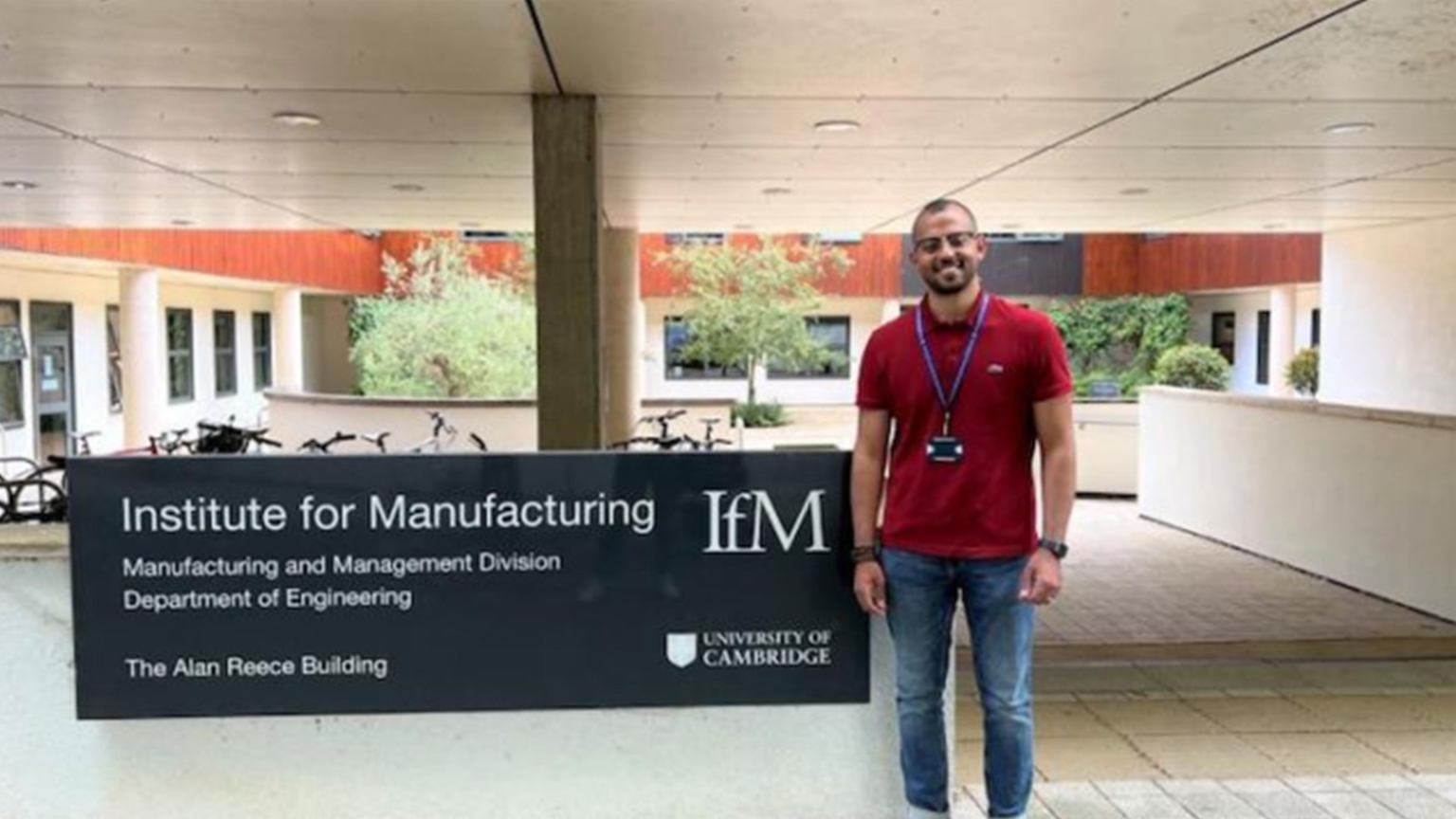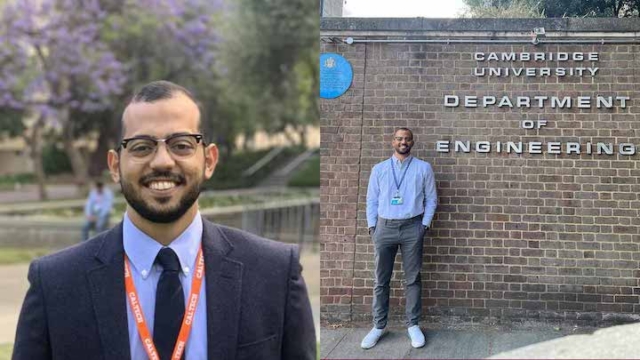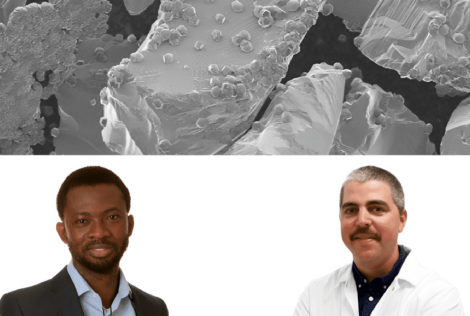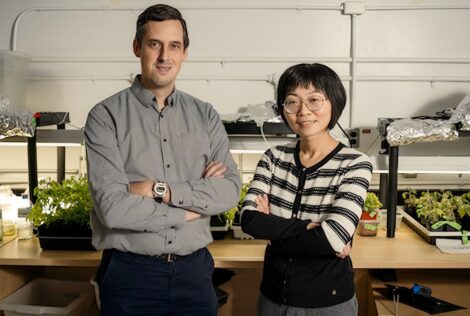

Moustafa Naiem Abdel-Mooty, a PhD candidate in the department of civil engineering at McMaster University, is furthering innovation on climate resilience as a visiting research scholar at the University of Cambridge.
The 2020 Vanier Scholar walks the trails of historic and picturesque Cambridge – less than an hour away from London – and conducts research as part of the asset management team in the Institute for Manufacturing.
The lead researcher was awarded the Michael Smith Foreign Study scholarship and the Mitacs Globalink UK Research and Innovation awards for his studies on the impact of using Digital Twin technologies to enhance critical infrastructures’ climate resilience.
Naiem discusses the opportunity to lead cutting-edge research with the Faculty of Engineering, as well as the impact of the scholarships and his desire to change the world.
What are some of the research projects you are working on as a visiting scholar?
I was invited to collaborate with the Centre for Smart Infrastructure and Construction and Centre for Digital Built Britain, where I joined a team working on developing bridge risk and resilience management systems.
Drawing on my expertise through my PhD at McMaster, we developed a framework for a high-order analysis that incorporates climate change impact with bridges as infrastructure assets for scour risk management.
Bridges that have piers in water are susceptible to “scour risk.” Most frameworks that assess, calculate and manage scour risk for bridges consider factors like foundation depth, dimension, and flow angle. A river’s geological and hydrological features are rarely considered.
We developed a multilayer analysis framework that incorporates this different information, flood risk and the impact of climate change on these properties given different emission scenarios.
We are working with Network Rail Britain to enhance their asset management policies and help them create a more climate resilient management plan.
I am also working on automating and operationalizing an early warning system for railway bridges in case of flash floods. This serves as a decision support tool that’s part of a comprehensive Digital Twin system.

Why is this research important to you? What do you hope it accomplishes?
Ever since I started my PhD, I’ve received enough support to pursue applying new technologies and methodologies to address climate resilience and better enhance and predict the impact of climate change on established communities.
I believed that my research could still go a step or two ahead, so I decided to come to Cambridge to take these steps. It is very important for me to feel that my research is complete and to know that my research made a difference, whether it be to change a policy or enhance a plan.
I came to learn as much as I can from the developing team of Digital Built Britain, world pioneers in Digital Twin technologies. As I’m doing so, I realized that I can still contribute to the betterment of the field.
This research is solving societal problems that are happening right now. If I can contribute to a better solution to those problems, then that would be a successful visit. This is why we do research: to better our societies and livelihoods.
What does receiving the Michael Smith Foreign Study Scholarship (MSFSS) and Mitacs Globalink UK Research and Innovation awards mean to you?
The MSFSS and Mitacs Globalink UKRI awards made my stay in the United Kingdom possible. While the application process was long, it was also rewarding, as receiving the scholarships validates my ideas.
This would not have been possible without the continuous support from my supervisor, Wael El-Dakhakhni, and the support through the INTERFACE institute for Multi-Hazard and Systemic Risk Studies at McMaster University.
El-Dakhakhni has been a great supporter of my research and other endeavours since day one. He is both a supervisor and a mentor – and not just in research. He supported my NSERC-PGS D and NSERC-Vanier CGS applications, he supported me when I ran for the McMaster University Senate, and he supported me to complete this research visit.
During my PhD studies, El-Dakhakhni allowed me flexibility, while still being there to support and advise when I hit any bumpy roads. An environment of freedom, trust and flexibility fueled my ability to advance the field by asking questions and collaborating with foreign institutes.


